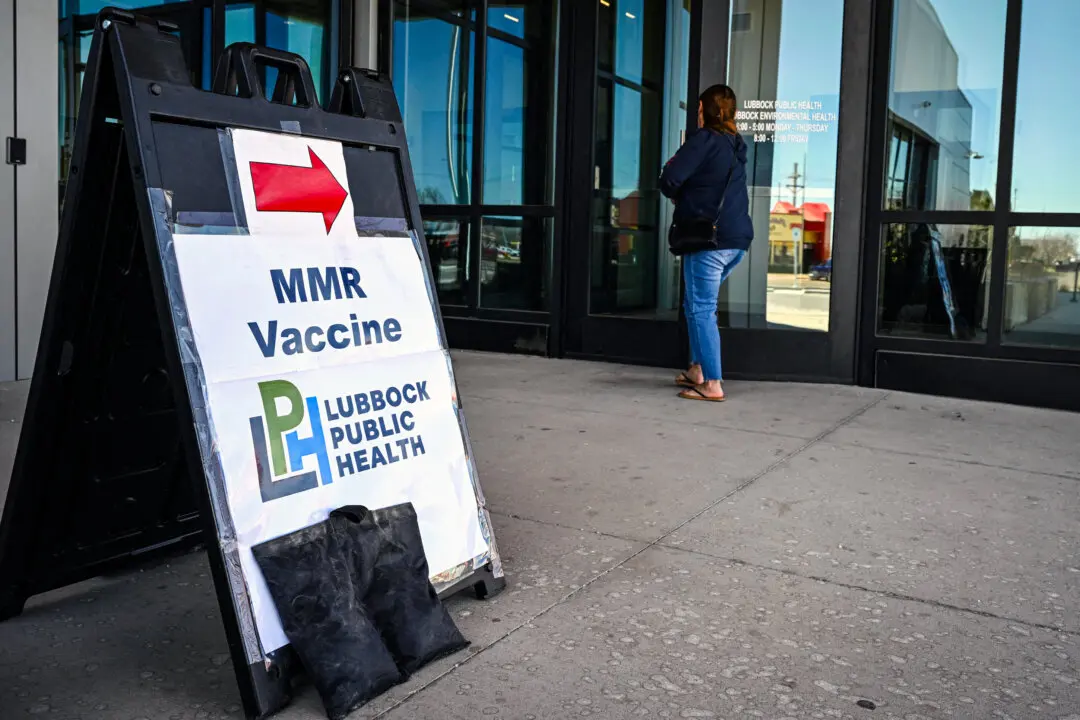About half of the Omicron cases in a major hospital system in Texas have been among the vaccinated, according to a new study funded in part by the U.S. government.
Researchers with Houston Methodist Hospital and other institutions performed genome sequencing of patients with COVID-19 in the Houston area and identified 862 people with symptoms whose infections were caused by Omicron, a variant of the CCP (Chinese Communist Party) virus, or SARS-CoV-2. The infections were recorded from late November 2021 to Dec. 18, 2021.






